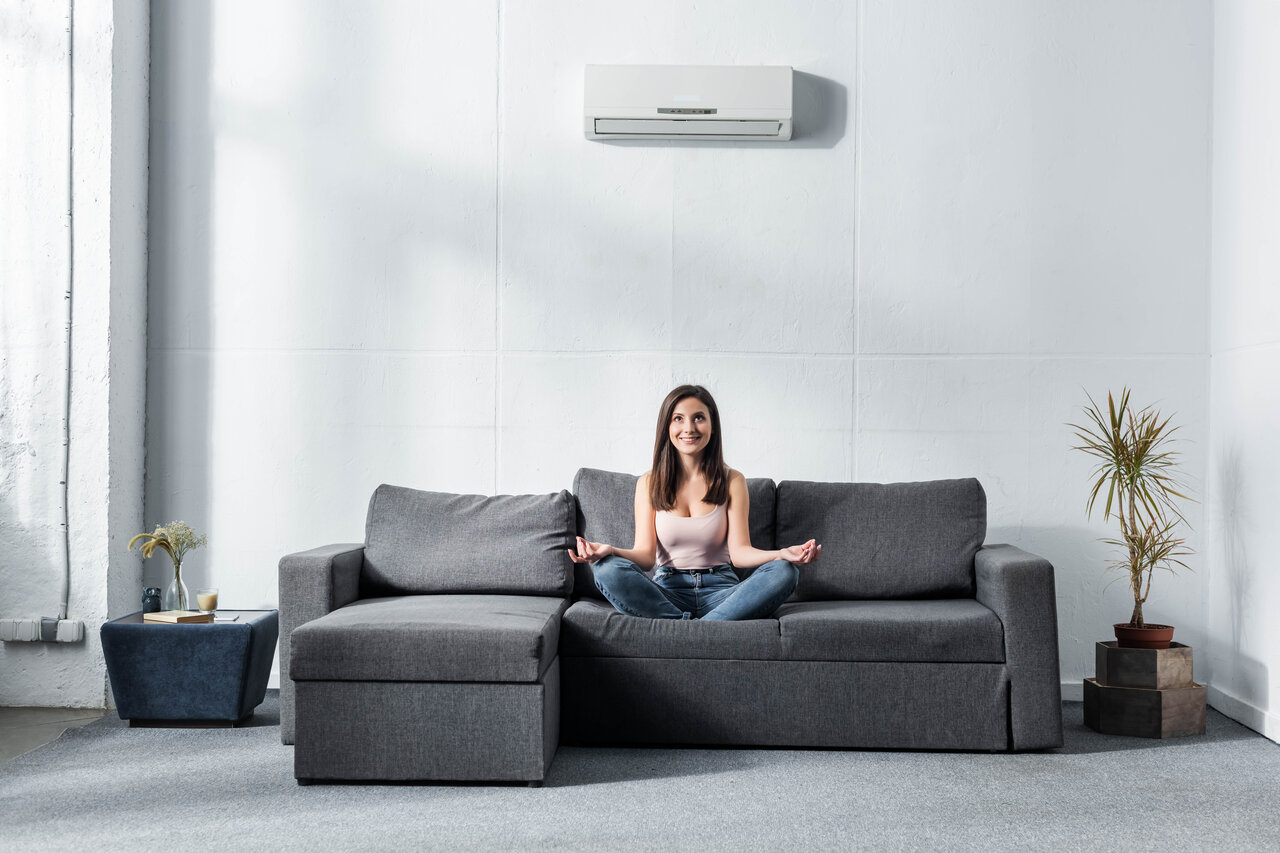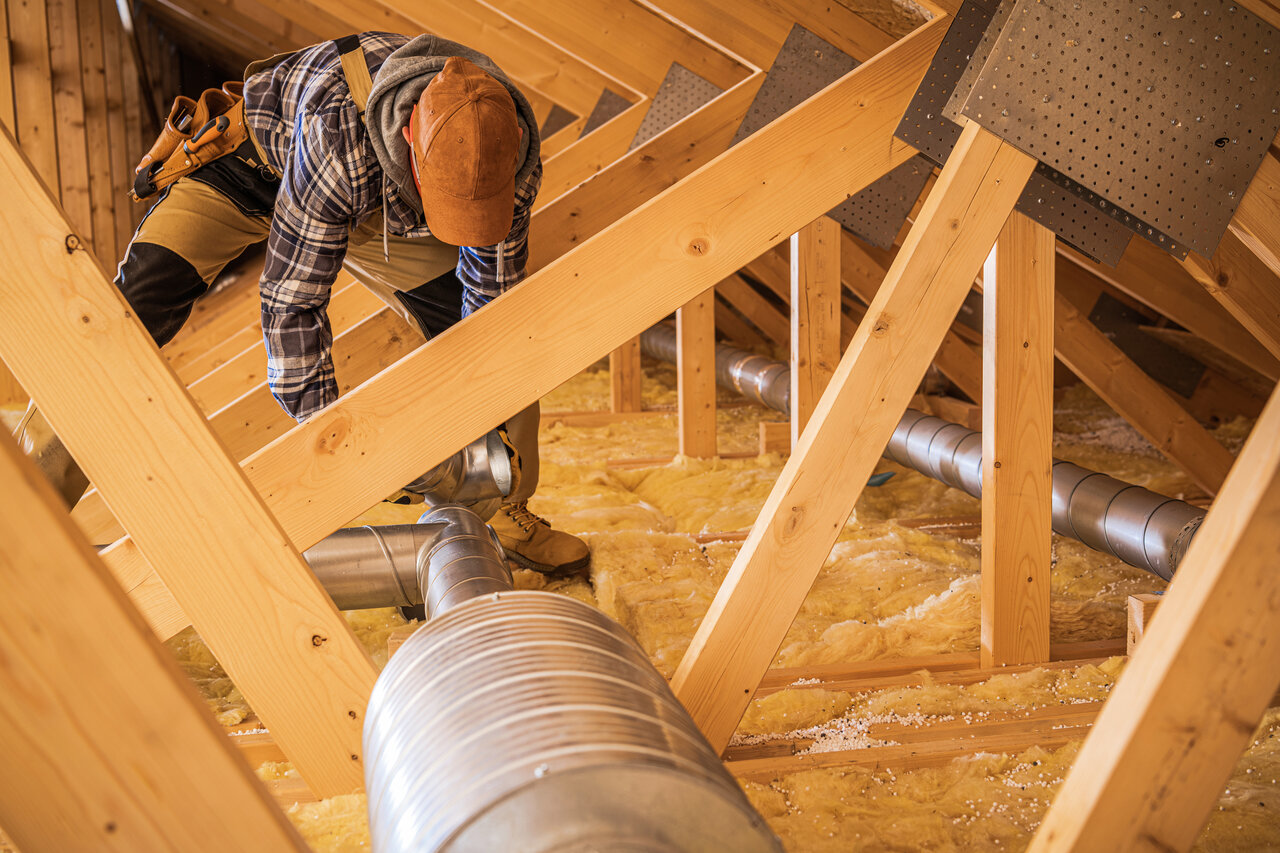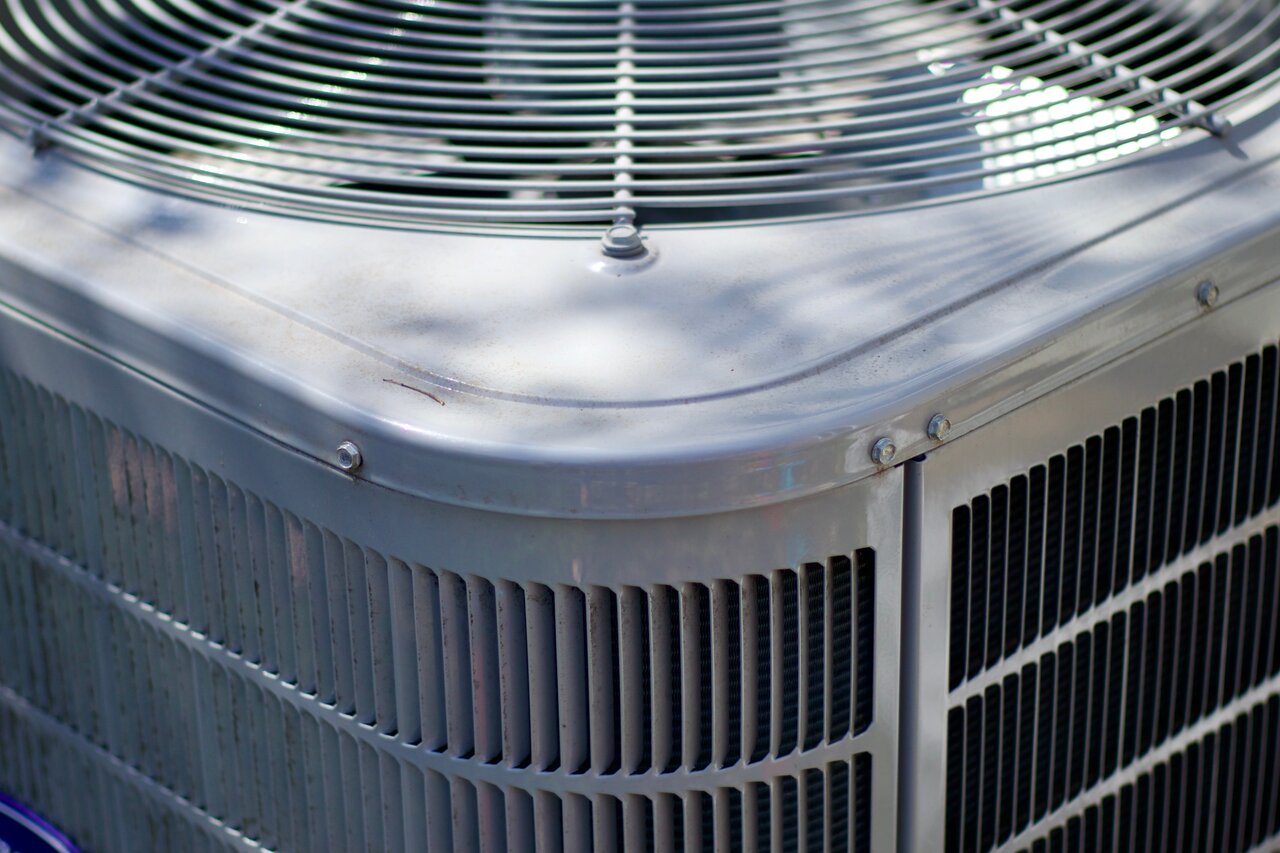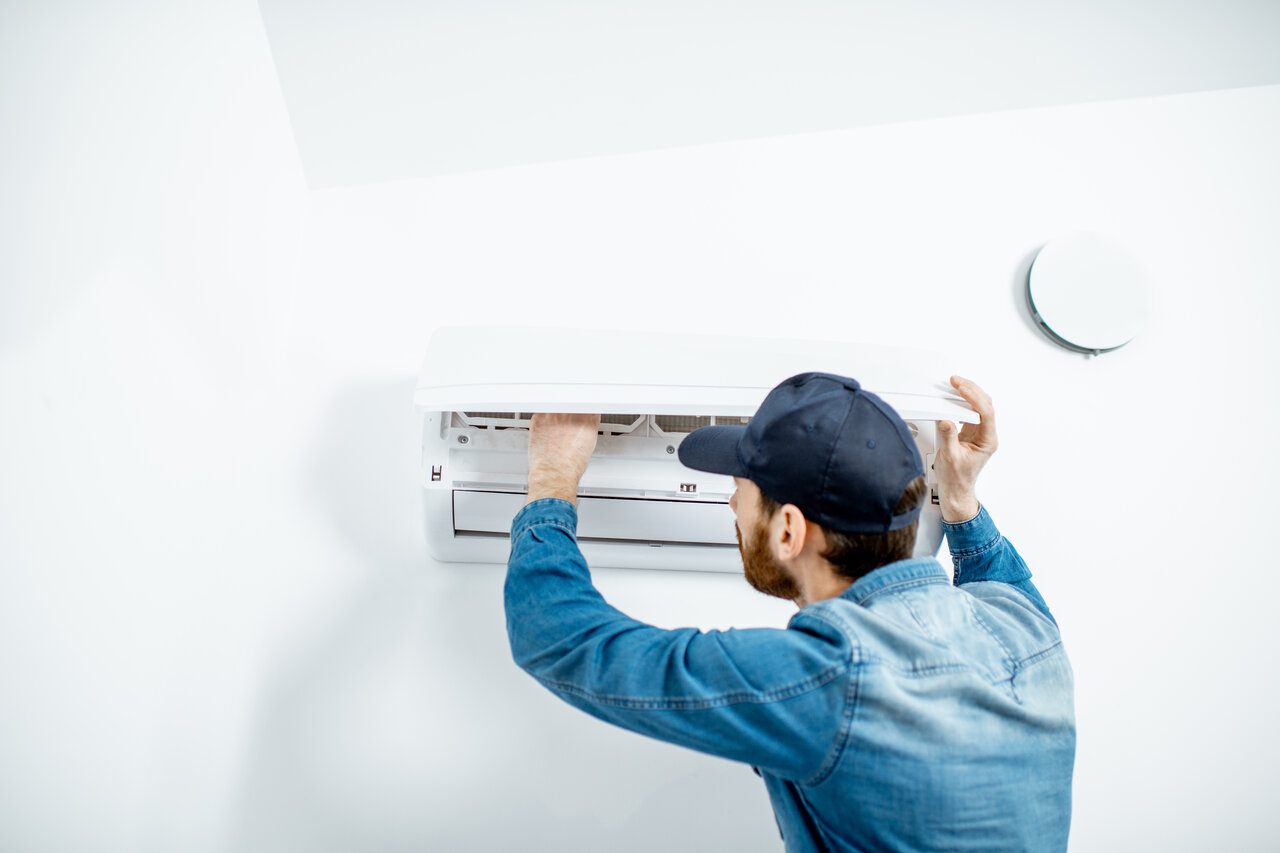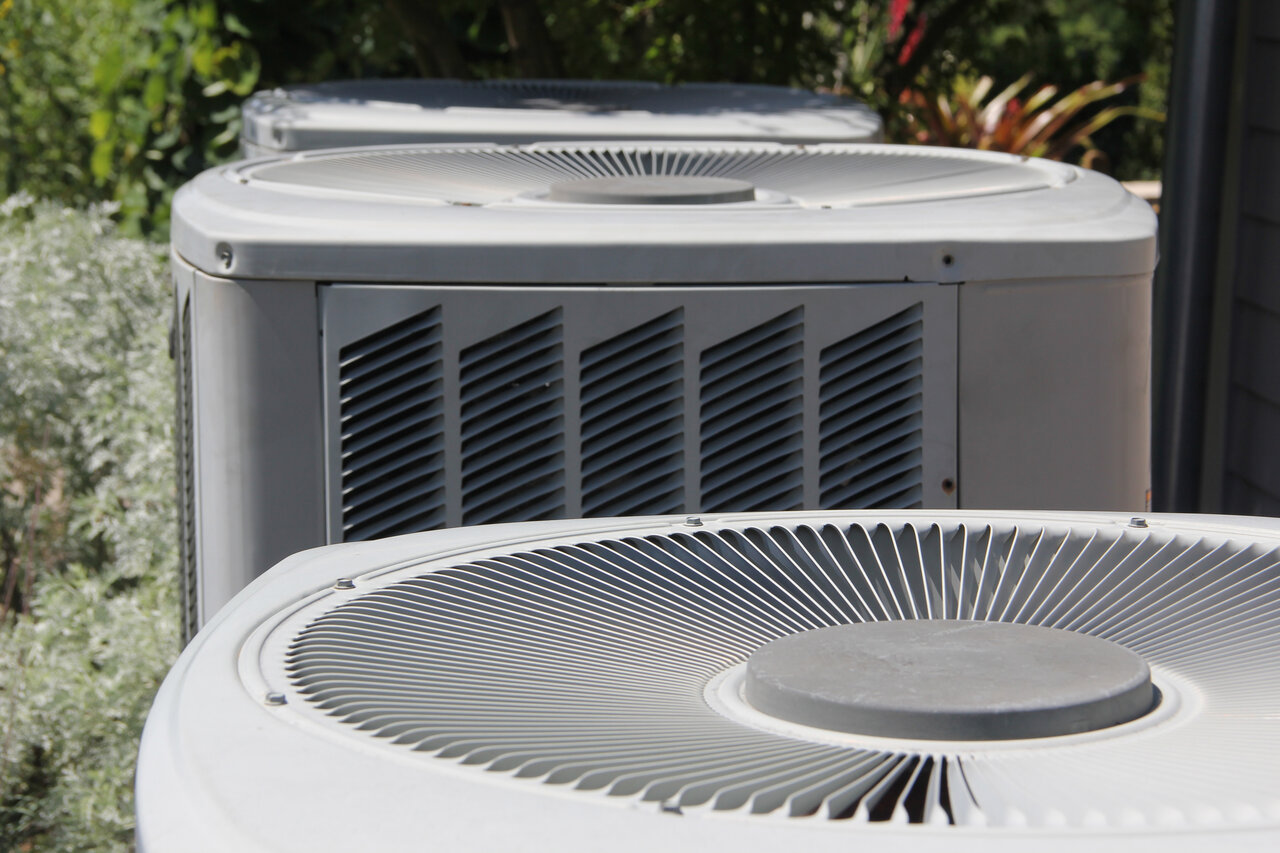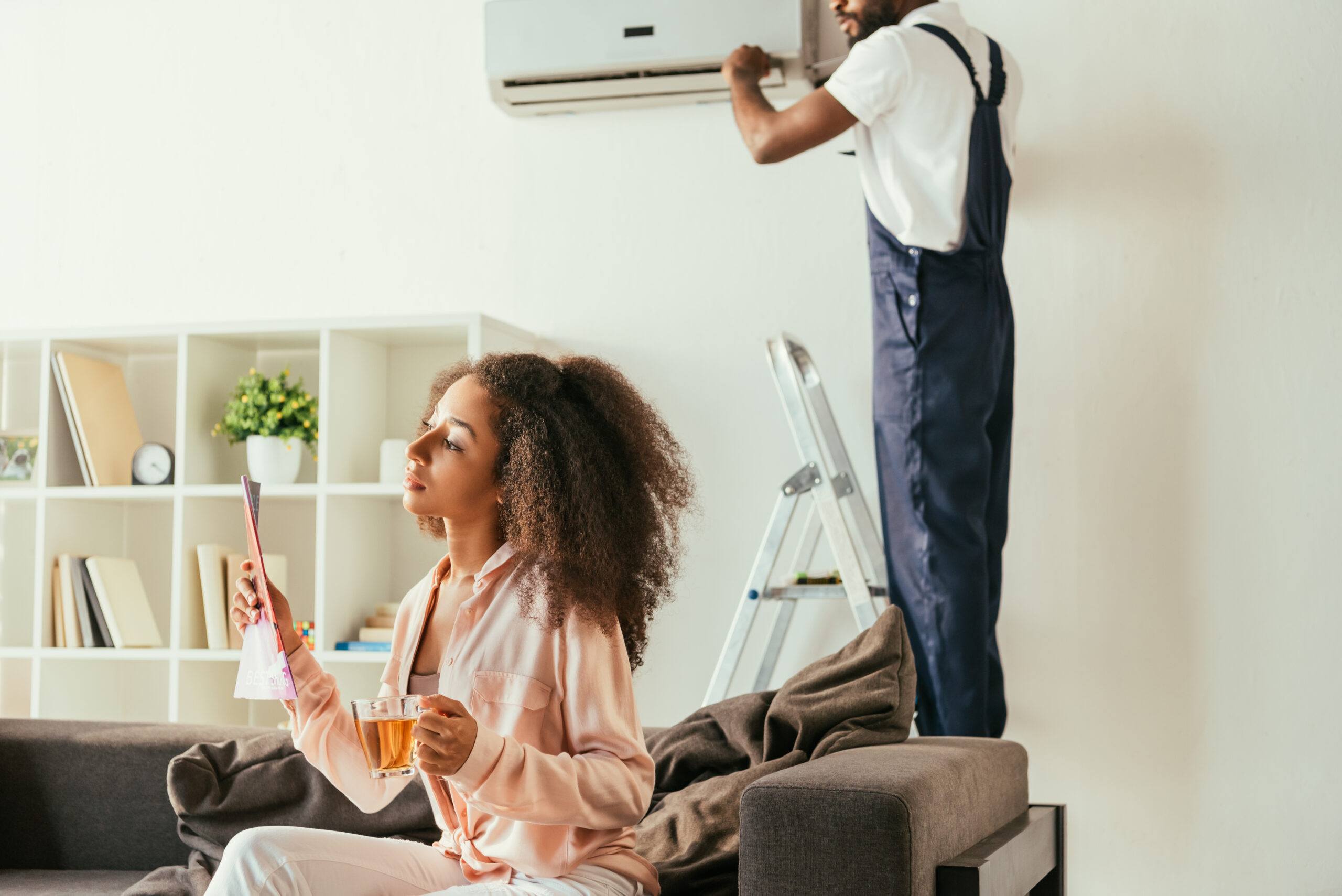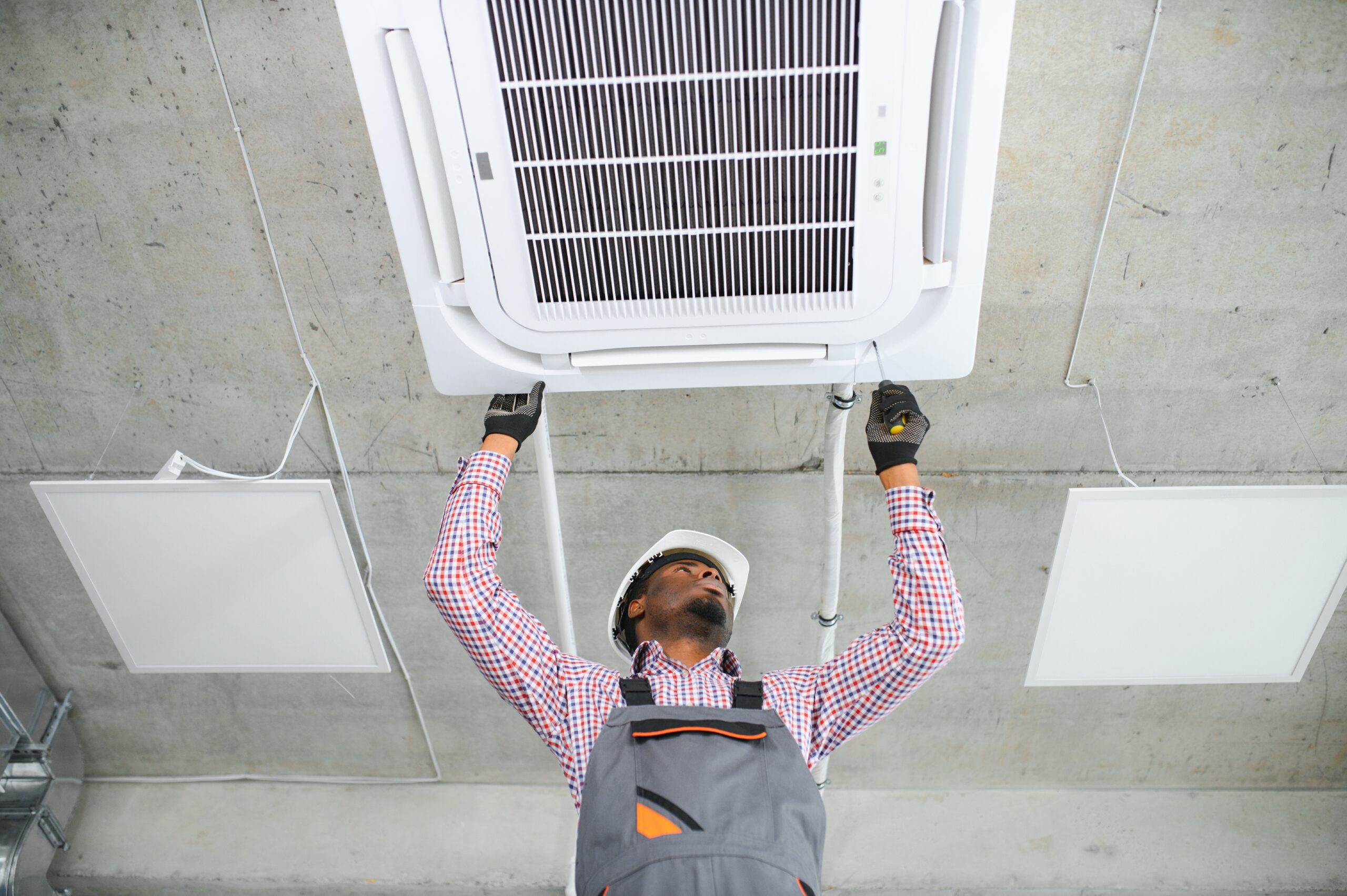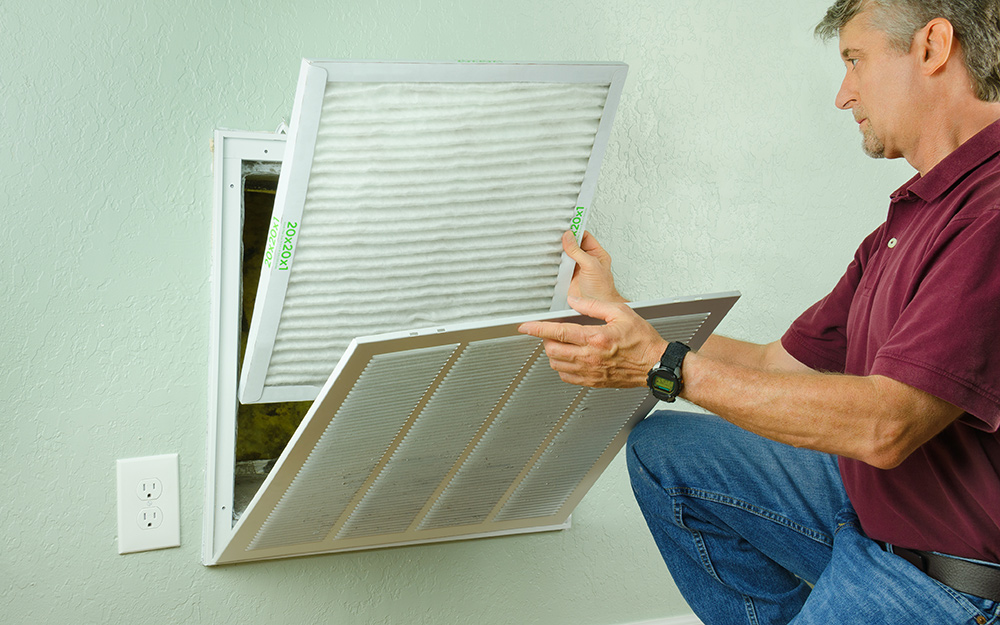Comprehensive Air Quality Testing for a Healthy Living and Working Environment
Air quality is a critical aspect of our everyday lives, be it in a residential or commercial setting. Indoor air pollutants, allergens, and harmful substances can significantly impact our health and well-being, making it essential to monitor and maintain optimal indoor air quality. Air quality testing is a vital tool in identifying potential pollutants and allergens within a property, enabling the implementation of tailored solutions to address specific issues and enhance the overall living environment.
Air quality testing involves examining the air in your property for a range of pollutants, such as mold spores, allergens, volatile organic compounds (VOCs), and other harmful substances. It can also help identify ventilation and humidity issues that may contribute to poor indoor air quality. Once the specific contaminants are identified through air quality testing, targeted solutions can be implemented to address the root causes and improve the indoor environment. These solutions may include air purifiers, dehumidifiers, whole-house ventilation systems, and other air quality enhancement measures.
Our team of qualified professionals is equipped with the expertise and tools required to conduct comprehensive air quality testing, identify pollutants in your space, and recommend effective solutions tailored to your requirements. We understand that maintaining good indoor air quality is essential for a comfortable and healthy lifestyle, and our services are designed to provide you with all the information and assistance you need to achieve this goal. Continue reading to learn more about the various air quality tests we perform and how they can benefit your property and well-being.
Types of Air Quality Tests for a Comprehensive Assessment
Various air quality tests can provide you with a detailed understanding of the air inside your property, enabling you to make informed decisions on how to improve air quality. Here are some of the key tests our professionals perform during the air quality testing process:
- Mold and Mildew Testing: This test detects mold spores and mildew in the air, which can lead to allergies, respiratory issues, and potentially damage your property. Identifying the presence of mold or mildew is critical for implementing necessary remediation measures.
- Allergen Testing: Allergens, such as dust mites, pet dander, and pollen, can trigger allergic reactions and asthma symptoms. Allergen testing can help pinpoint the sources of these irritants, allowing for precise solutions to reduce their presence in your indoor environment.
- Volatile Organic Compound (VOC) Testing: VOCs are chemicals emitted by various household products and materials, such as paints, cleaning products, and building materials. High levels of VOCs can cause adverse health effects, making it essential to test for their presence and implement measures to reduce exposure.
- Ventilation and Humidity Testing: Proper ventilation and humidity control are critical for achieving optimal indoor air quality. This test helps identify whether your property has adequate ventilation and maintains the appropriate humidity levels for a comfortable and healthy environment.
The Benefits of Air Quality Testing
Conducting air quality testing has numerous advantages, ensuring that your living or working environment is healthy, safe, and comfortable. Some of the key benefits include:
- Improved Occupant Health: By identifying and addressing indoor air pollutants and allergens, air quality testing can help prevent and alleviate common health issues, such as allergies, asthma, and respiratory problems.
- Enhanced Comfort: A healthy indoor environment is crucial for your comfort, and air quality testing can detect issues like poor ventilation and humidity control that may contribute to discomfort and lingering odors.
- Property Protection: Some pollutants, like mold and excess humidity, can cause damage to your property, affecting wood, paint, and other materials. Air quality testing helps identify these issues, allowing for timely remediation and prevention of further damage.
- Informed Decisions: Air quality testing provides valuable insights into your property’s overall indoor environment, enabling you to make educated decisions on how to improve air quality, select appropriate solutions, and invest in targeted air quality enhancement measures.
Tailored Solutions for Improved Indoor Air Quality
Upon identifying the specific pollutants or issues in your indoor environment through air quality testing, our professionals can recommend tailored solutions to improve your air quality, such as:
- Air Purification: Installing air purifiers can help remove contaminants and allergens from the air, resulting in cleaner and healthier indoor air.
- Whole-Home Ventilation Systems: Proper ventilation is essential for maintaining good indoor air quality. Whole-home ventilation systems can provide continuous and balanced airflow, removing stale air and bringing in fresh air from outside.
- Humidity Control: Implementing humidity control measures, such as dehumidifiers and humidifiers, can help maintain optimal indoor humidity levels and inhibit the growth of mold and dust mites.
- UV Lights: Installing UV lights in your HVAC system can help neutralize airborne pathogens, such as bacteria, viruses, and mold spores, improving indoor air quality.
Expert Assistance with Air Quality Testing and Solutions
Achieving optimal indoor air quality requires the expertise of our professionals, who can accurately identify pollutants, assess potential issues, and provide targeted solutions for improvement. Our team is well-equipped to offer a comprehensive range of air quality testing and improvement services that cater to varying requirements, from residential to commercial properties.
Our professionals work closely with you to understand your needs and concerns, tailoring our approach to provide the most effective results for your specific situation. We guide you through the process, from initial testing to implementing solutions, ensuring that you’re well-informed and confident in the decisions you make concerning your indoor air quality.
Conclusion
Air quality testing is essential for maintaining a healthy, comfortable, and safe indoor environment. By identifying pollutants, allergens, and other issues, you can make informed choices on how to improve the quality of your indoor air. At Sharp Air Conditioning & Heating LLC, our team of professionals is here to help you achieve optimal indoor air quality and a healthier living or working space through comprehensive air quality testing and tailored solutions tailored to your unique needs. Contact us today to know more about our solutions for heating and cooling in Mesa, AZ, schedule an air quality testing appointment, and start your journey toward improved indoor air quality and comfort.
